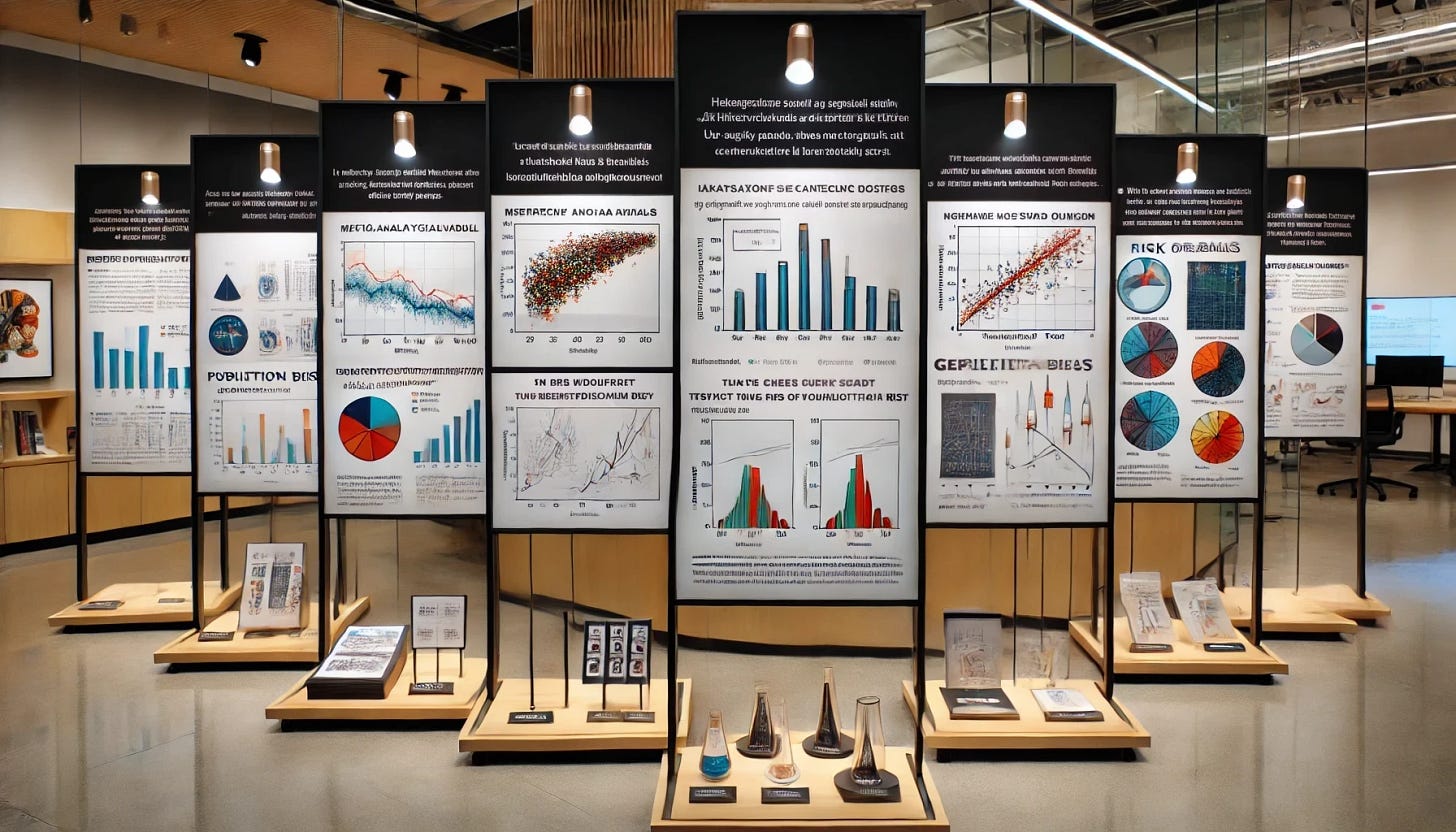How Cannabis Affects Psychosis: Key Findings from a Major New Study
Exploring the Connection Between Cannabis Use and Psychotic Symptoms,
Assessing Rates and Predictors of Cannabis-Associated Psychotic Symptoms
Introduction
Cannabis use and its impact on mental health have always been subjects of hot debate and keen scientific interest. One very loud and particularly important concern is the potential relationship between cannabis use and the development of psychotic symptoms.
It’s not uncommon for us to hear about people who have taken too much and describe a “crazy” experience. These days, you can't swing a cat without hitting a cannabis prohibitionist who claims it makes you lose your marbles and turn into a villain. So, what do we we really know? A new and comprehensive meta-analysis conducted by Tabea Schoeler and colleagues (published in Nature: Mental Health on June 3, 2024) aims to synthesize data from a variety of studies to help us better understand the rates and predictors of cannabis-associated psychotic symptoms (CAPS). This analysis covered observational, experimental, and medicinal cannabis research spanning over five decades, from 1971 to 2023. The multi-center approach allowed for a broad and thorough examination of the topic.
The bottom line: this is a good study, which basically describes the rate of psychotic symptoms associated with cannabis to be essentially the same as the base rate of psychotic symptoms in the general population. Another interesting and subtle take-away from this study: the rate of psychotic symptoms appears to be LOWER in those who have medical support and guidance, and HIGHER in those who go-it alone.
… so it turns out that there IS a difference between guided cannabis & Rec use after all!
(Note: quick reviews of 3 similar studies at the bottom)
Recent reporting on this @ Benzinga
Study Design and Methods
It is typical for some researchers, using certain methods, to uncover results that go one way while other scientists, who have different perspectives, study different populations, or leverage different tools or approaches, to find results that are nearly the opposite. This is good, balanced science. Over time, looking over all these different perspectives, we come to see trends that more strongly suggest a “true” report of what reality probably is. Meta-analyses, such as this study here, are this sort of formal looking-back and considering what published literature has shown us.
The meta-analysis compiled data from numerous studies, including:
Observational studies
Experimental research
Medicinal cannabis studies
These studies varied widely in their design, participant demographics, and methodologies, adding depth and complexity to the analysis. By pooling data across different types of research, the authors sought to provide a comprehensive picture of CAPS (cannabis-associated psychotic symptoms) and identify consistent predictors of psychotic symptoms.
Main Takeaways
Variability in Rates of Psychotic Symptoms: The rates of CAPS varied significantly across different study designs. This variability underscores the complexity of assessing CAPS and suggests that context—such as study design and population—plays a crucial role in the manifestation of symptoms.
THC Dosing and Psychotic Symptoms: Higher THC doses in experimental studies were strongly associated with an increased risk of psychotic symptoms. This dose-response relationship highlights the need for careful consideration of THC content in cannabis products.
Triangulating Findings: By synthesizing data from various study designs, the analysis could identify potential sources of bias and enhance the overall understanding of CAPS. This triangulation helps to validate findings across different research contexts.
Importance of Vulnerability Factors: Young individuals, those with pre-existing mental health issues, and those exposed to high levels of THC were found to be particularly vulnerable to CAPS. This finding emphasizes the importance of monitoring these at-risk groups closely.
Need for Longitudinal Research: The study highlights a gap in longitudinal research needed to understand the long-term implications of subclinical CAPS and to identify individuals at high risk of developing persistent psychosis.
Additional Insights
Mental Health Vulnerabilities: Individuals with pre-existing mental health conditions are more likely to experience CAPS, suggesting that cannabis may exacerbate underlying vulnerabilities rather than act as a sole trigger.
Environmental and Genetic Factors: Environmental stressors and genetic predispositions play roles in the development of CAPS. These factors interact with cannabis use to influence the risk of psychotic symptoms.
Neurobiological Mechanisms: THC affects neurotransmitter systems, particularly dopamine, which is known to be involved in psychosis. Understanding these neurobiological interactions is crucial for developing targeted interventions.
Statistical Methods and Considerations
Heterogeneity and Generalizability: The diversity of study designs introduces heterogeneity, impacting the generalizability of the findings. It's essential to consider how this variability might affect the interpretation and applicability of the results.
Meta-Analytical Models: The use of meta-analytical models to pool effect sizes must account for assumptions and potential outliers. Sensitivity analyses help assess the robustness of these models.
Risk of Bias: Publication bias is a significant concern. Methods like funnel plots and Egger's test are used to detect bias, but their interpretation must be careful to ensure the robustness of the findings. The advantage of this sort of meta-analysis is that by including many different types of potentially biased research, one hopes to wash-out the biases. It doesn’t always work perfectly, of course!
The Hard Numbers
Some Background (General Population Numbers):
Keep reading with a 7-day free trial
Subscribe to Doctor Approved to keep reading this post and get 7 days of free access to the full post archives.








